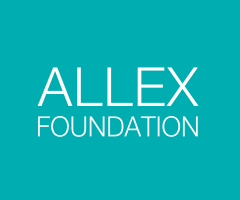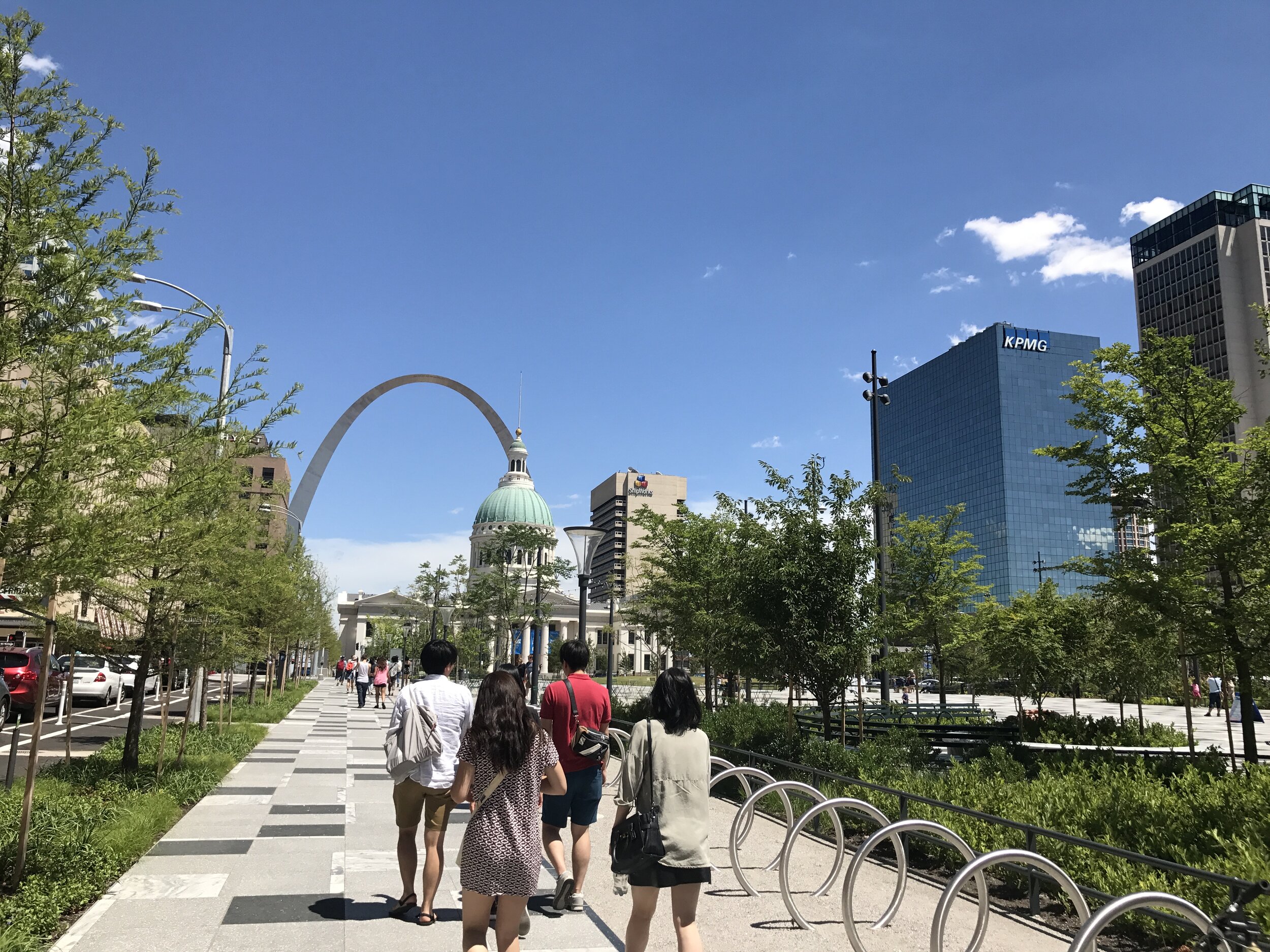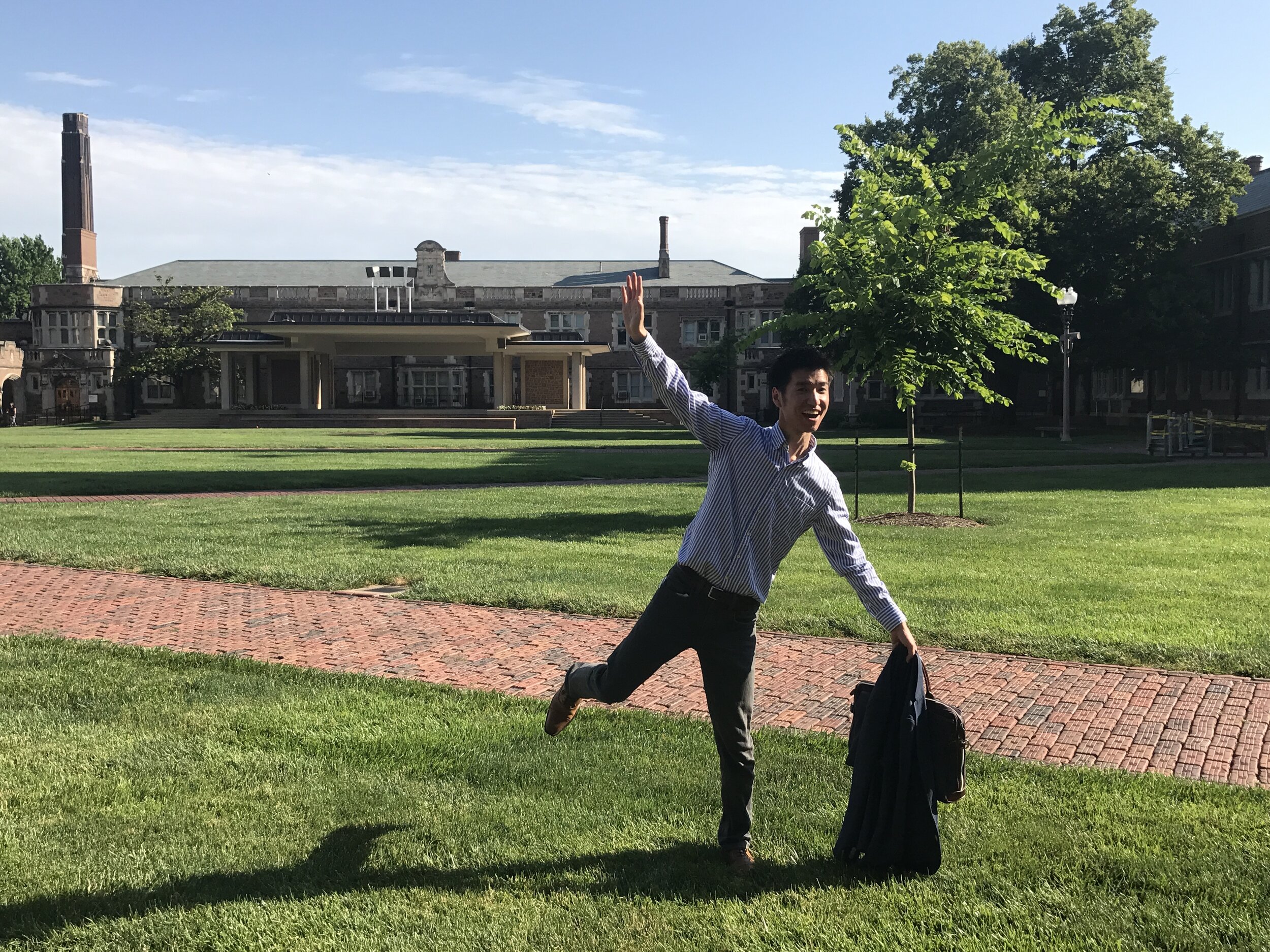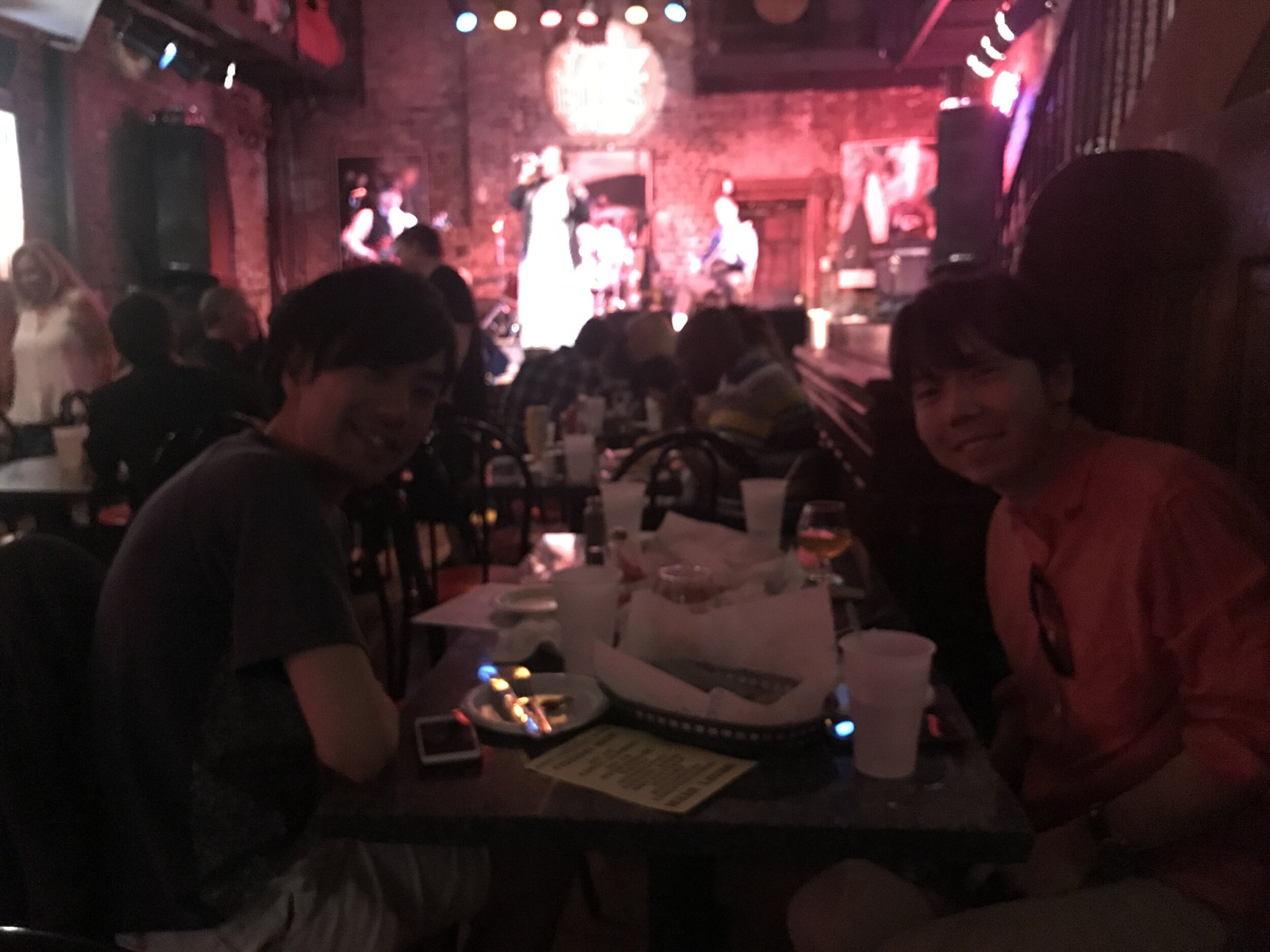What I learned at ALELX Teacher Training Institute
My name is Jitsuya Nishiyama. I am currently teaching Japanese at Portland State University while studying Japanese traditional theater in the master's program.I am in the second year after coming to the U.S. with ALLEX program. Before that, I was working in a global IT enterprise and in classical music promotion company promoting opera productions and producing Manga-based theater performances for about 10 years as total.
I think that this post will be helpful for those who has the following needs.
Person who likes to know what you can learn at ALLEX Teacher Training Institute
Those who are seeking a teaching job related to East Asian language after completing the program.
This blog is about my experience with ALLEX Teacher Training Institute, answering several questions about the summer training.
Q. What were the most memorable experiences in the program?
My biggest lesson from the summer training was everything about the master teachers' lectures.
In the summer training, there were several overview classes of Japanese (Chinese, Korean) language education, and I learned a lot out of them.
Until I went to the United States with ALLEX, I had no experience of learning pedagogy and teaching Japanese language. Everything I learned from the classes, was intriguing and informative. In the ALLEX Summer Institute's classes, we can learn the overviews of various East Asian language education research.
We learned the overviews of how to teach teaching Japanese, Chinese and Korean languages such as in what direction teachers should guide students in East Asian language classes of the universities in the U.S., how to structure effective curriculum for students, how to measure foreign language proficiency along with very practical pedagogical training where ALLEX participants (Allies) actually teach real American students who study the language.
Portland State University, where I teach as a GTA (Graduate Teaching Assistant), takes a teaching method called Performed Culture Approach (PCA), which is the same methodology you learn at ALLEX Summer Institute. In PCA, one of the main objectives is for students to be able to engage in communication with native speaker of the target language in a smooth manner without giving them stress. It was practical and intriguing as a student myself to learn the basic of this pedagogical method thoroughly.
Q. How did the summer experience change you?
First of all, I think that it was a good opportunity to think about whether I like to continue to stay in Japanese language education for the future after the ALLEX Program while observing Japanese and Chinese professors for two months.
I think there is no other place where well-established language education expertsgather in this one place to give us training for such a long time. They showed us how they teach themselves in the classroom and explains why they do what they do in the classrooms. Although a lot of language professors are very kind and passionate about teaching, after you go to your own accepted institutions, you will realize there isn't that much chance for you to get this kind of extensive training from your supervisors. In the summer program, you don't even need to try to observe and copy their teaching secrets because the master teachers show it to us and explain why they teach that way. Such a place is difficult to find, if any.
Although I find teaching language difficult every day even now after one year, I can function as one TA thanks to ALLEX Teacher Training Institute along with the support from my supervisor and my colleague. In the case of Portland State University, I teach with almost the same teaching method as ALLEX's training. So, basically I just continued teaching for a year in the same way as the summer training.
Because each school adopt different teaching methods, there are ALLIES who do not use PCA that often, but you can improve your students' learning efficiency even if you only utilize a part of PCA in the classroom.
Q. What did you learn about your native language?
I learned how difficult and rewarding language education is. When we learn English, I think the articles and prepositions are confusing (at least for Japanese native speakers) and the similar situation occurs when we teach our mother tongue.As a English learner, we always wonder question such as "Why should I use "in" instead of "on"?" or "Why should I use "a" instead of "the"?"
If you have language teaching experience, you may recognize these as basics, but in my case, I have to relearn Japanese every time before I teach.
In the summer training, I realized language has vast area I need to keep learning and exploring and at the same time deepened my respect for other experts teaching such a challenging subject.
Q. What advises would you give to future ALLIES?
One advice I can do is to clarify your own purpose in coming to the United States. I think we can learn more valuable lessons at ALLEX Teacher Training Institute with our own specific purpose. To be specific, in my own case, I was able to clarify my career path.
What I appreciated at the ALLEX Teacher Training Institute is that we got to ask practical opinions to Mr. Tomas Mason, Dr. Noda, Dr. Itomitsu, Ms. Tobaru, Mr. Miki and other master teachers and ALLEX staffs. Based on the advice from them, I am now working as a TA while studying for my master 's degree.
About the end of the summer training, you can receive career advice from master teachers and ALLEX staffs. If you ask for it, you can learn about American visa and how to build up your career strategically? However, this type of needs is different for each of us since the paths we seek is different. So, if you don't ask for it for your own needs, the master teachers cannot teach you.
Although I am writing this sharp advice, I was unsure of how to gain a teaching job position in American universities. I was thinking that I'd like to seek a career path of university professor in either Japanese theater (literature) or Japanese language.
To make it not misleading, of course I did everything I could to prepare for ALLEX interview. Although I searched for information on the internet or books, the amount of testimonials and information that suits my situation was very limited. So, I couldn't figure out the concrete way to prepare and study for developing my career.
As for my situation during the time of interview, there were three choices I had in mind. These are 1. Professor of Japanese theater, 2. Professor of Japanese language, 3. Continuing the career path as theater producer.
For 1, I was not sure if I, a foreigner, have opportunities to teach Japanese theater
For 2, I wanted to try Japanese language teaching to see if I like to continue after my master's.
For 3, as I was working in my previous job, I started to feel that theater producing is not what I liked to continue for life. Although I don't be specific about the details here, at the time of applying for ALLEX program, I was thinking that it is better to build up on the career in theater producing. I applied listing master's program in theater producing as my first choice.
While getting notification of the interview, I asked myself what I want to do while consulting more experienced friends at my previous job.
As a result of wondering, at the interview, I told that I like to study at a school where I can learn about Japanese theater and Japanese language education. Ms. Akamatsu and Mr. David Patt seemed to be a bit confused at the interview because what I told them are different from the choices I wrote at the time of application. (A classic example of bad applicants!) In my heart, I felt very sorry since they prepared a lot for my interview and I changed my opinion all of sudden. So, I thought that they may not select me to proceed to the next selection process.
However, I got a offer at Portland State University from them and PSU has the master program of Japanese traditional theater (Kabuki, Bunraku, and Noh.)At that time, I just decided to study at PSU, but I had very vague idea of what kind of career I could build specifically after completing master's program.
At the end of the ALLEX Teacher Training Institute, when consulting Mr. Thomas Mason in the career session, the master 's degree in Japanese literature and teaching Japanese for 2 years as a TA will be advantages for me to apply for a PhD application in the future (PhD is requirement for literary professors) and to seek for a job in a professor of Japanese theater (literature.) My first year is already over and I am about to enter the second year, but my current situation is that I am studying on the basis of these advice.
Also, I forgot another very important advice! The Blues (music) in Saint Louis was fantastic! If you are interested, you really need to listen to them!



